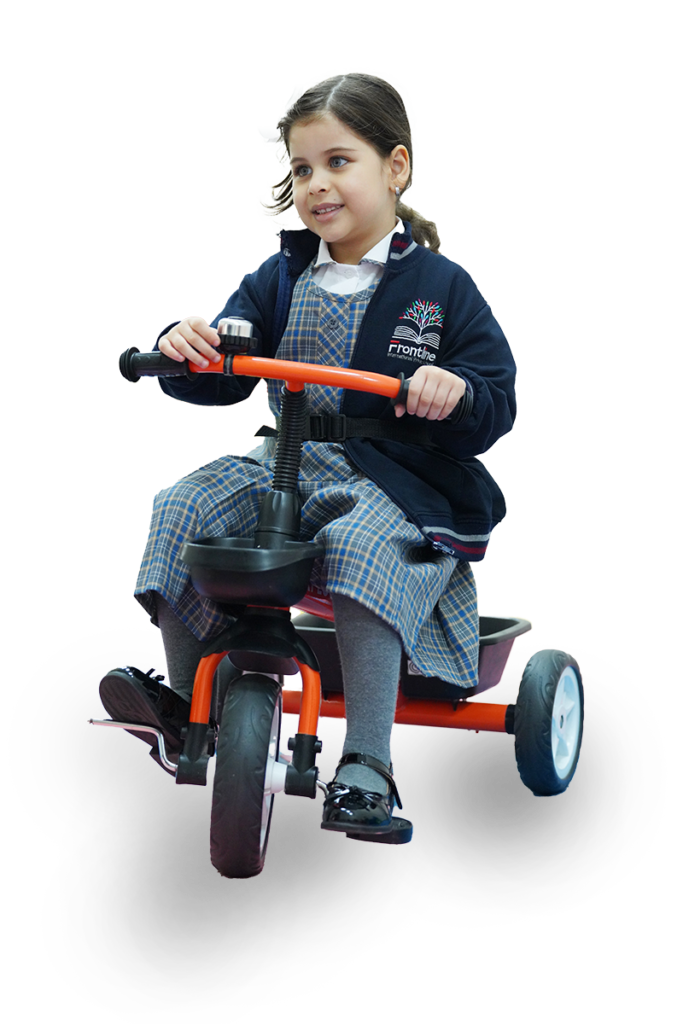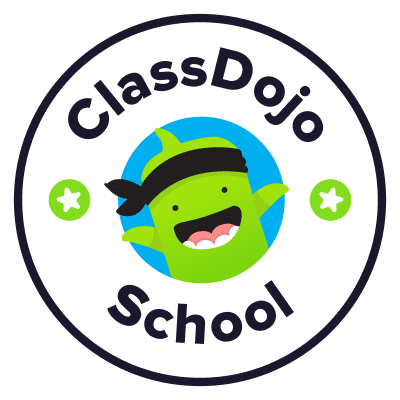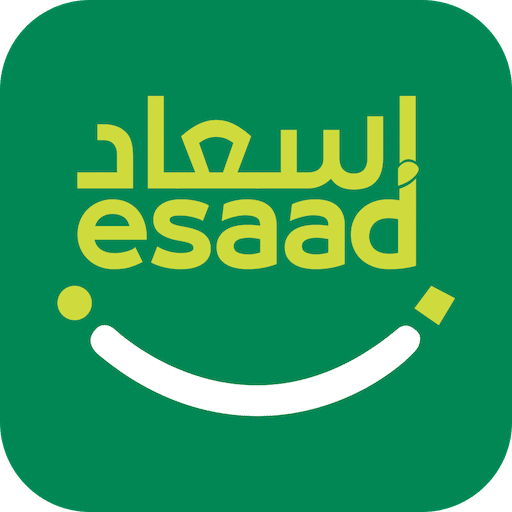Curriculum overview
Our school follows an adapted version of the British curriculum. The curriculum is composed of an adapted from the Early Years Foundation Stage (EYFS) from England and the Cambridge British International curriculum as well as incorporating the UAE Ministry of Education requirements.
Starting in Early Years for children aged 3 and ending in A levels for young adults turning 18 years old. The curriculum is divided six key stages or phases: Early Years, Key Stages 1 and 2 in the Primary School and Key Stages 3, 4 and 5 in the Secondary School.
Cambridge
EYFS
(Early Years and Foundation Stage)
- Pre-KG (FS1)
- KG1 (FS2)
Cambridge
KEY STAGE 1
(Cambridge Lower Primary)
- KG2 (Year 1)
- Grade 1 (Year 2)
Cambridge
KEY STAGE 2
(Cambridge Upper Primary)
- Grade 2 (Year 3)
- Grade 5 (Year 6)
Cambridge
KEY STAGE 3
(Lower Secondary)
- Grade 6 (Year7)
- Grade 8 (Year 9)
Cambridge
KEY STAGE 4
(Upper Secondary School /IGCSE )
- Grade 9 (Year 10)
- Grade 10 (Year 11)
Cambridge
KEY STAGE 5
(Upper Secondary School /IGCSE )
- Grade 11 (Year 12)
- Grade 12 (Year 13)
Early Years Foundation Stage (EYFS)
The Early Years Foundation Stage (EYFS) for children in FS1 and FS2 (Pre-KG and KG1) . The EYFS curriculum has 7 areas of learning:
- Communication and language
- Physical development
- Personal, social, and emotional development
- Literacy
- Mathematical development
- Understanding the world
- Creative development
For more information on EYFS please refer to this guide here
Disclaimer: Frontline is not responsible for the content on external or third party websites.

Primary Programme
Please note: From Year 6 (Grade 5) Boys and Girls are taught in separate classes as per Ministry of Education requirements.
In the Primary School, we follow the Cambridge International Primary Programme (CIPP) for English, Mathematics, Science and Computing. We also offer French or Urdu, along with PE, Art and Music.
We also implement the mandatory curricula from the UAE Ministry of Education: Arabic, Social Studies, Moral Education and for Muslim students, Islamic Studies.
Secondary Programme
Please note: Boys and Girls are taught in separate classes in the Secondaru School as per Ministry of Education requirements.
In the Secondary School, we continue to follow the Cambridge International Curriculum Primary Programme (CIPP) for English, Mathematics, Science and Computing. We also offer French or Urdu, along with PE, Art and STREAM.
We also implement the mandatory curricula from the UAE Ministry of Education: Arabic, Social Studies, Moral Education and for Muslim students, Islamic Studies.
Upper Secondary School
Key Stage 4: Grades 9-10 (Years 10-11)
Mandatory Subjects: English (as a Second Language), ICT (end of Grade 9), Mathematics
Subject Choices: Select 3 from:
Accounting, Business, Economics
Biology, Chemistry, Physics
Optional Language IGCSE: Arabic, French, Urdu
Key Stage 5: Grades 11-12 (Years 12-13)
Grade 11 (Year 12): AS Level
Grade 12 (Year 13): A Level
Subject Choices: Select 2-3 from:
Mathematics, Accounting, Business, Economics
Biology, Chemistry, Physics, Computer Science
Note: Some subjects may be self-study based on demand and provision
Please refer to the Admissions Policy for AS and A level entry requirements.






